Bunny Wailer’s Death Puts Different Spin On Marley’s Death Anniversary In 2021
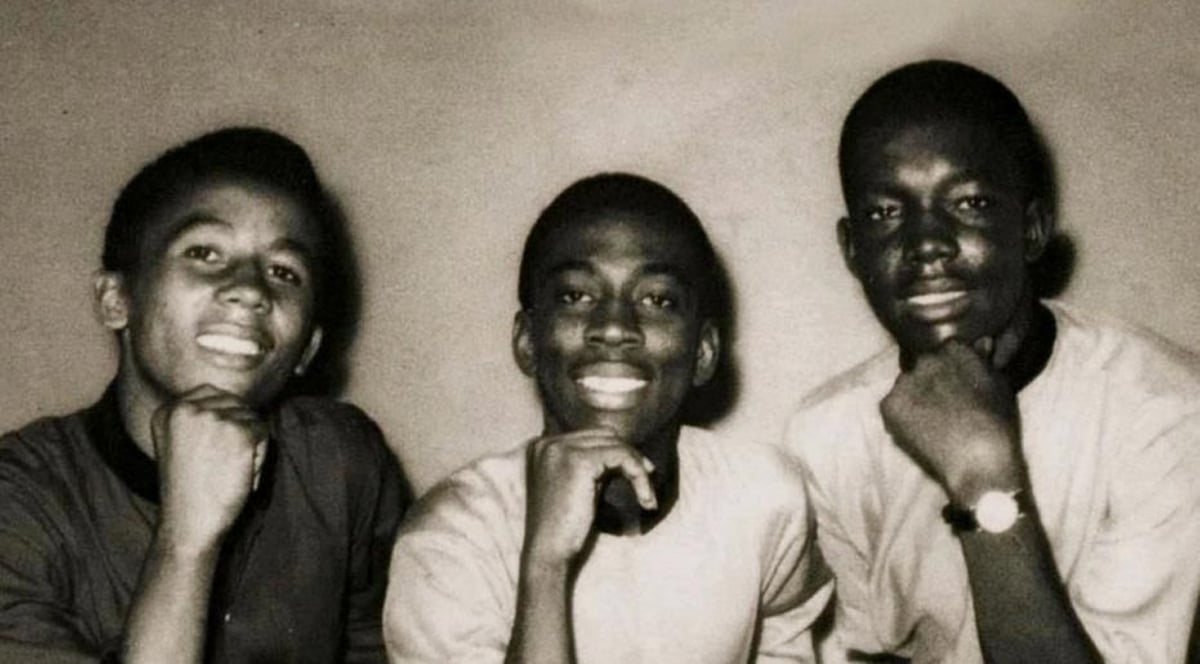
The year 2021 will mark the 40th anniversary of Bob Marley’s death on May 11, 1981, a date which gains even more significance this year because it marks the first time that all of the original Wailers are dead, given that Bunny Wailer passed away earlier this year.
What does this mean for the Wailers brand and its role in the history of reggae music?
“This is the first year that we are memorializing Bob’s transition anniversary from 1981 in the context of all three Wailers leaving, Peter having left in 1987 and Bunny surviving them both for 40 years and 33 years respectively transitioning here in 2021,” entertainment consultant Maxine Stowe, former manager of Bunny Wailer, told DancehallMag.
Marley died of cancer in 1981; Tosh was murdered in a house robbery in 1987. Bunny Wailer passed away on March 2 at the Medical Associates Hospital in St Andrew.
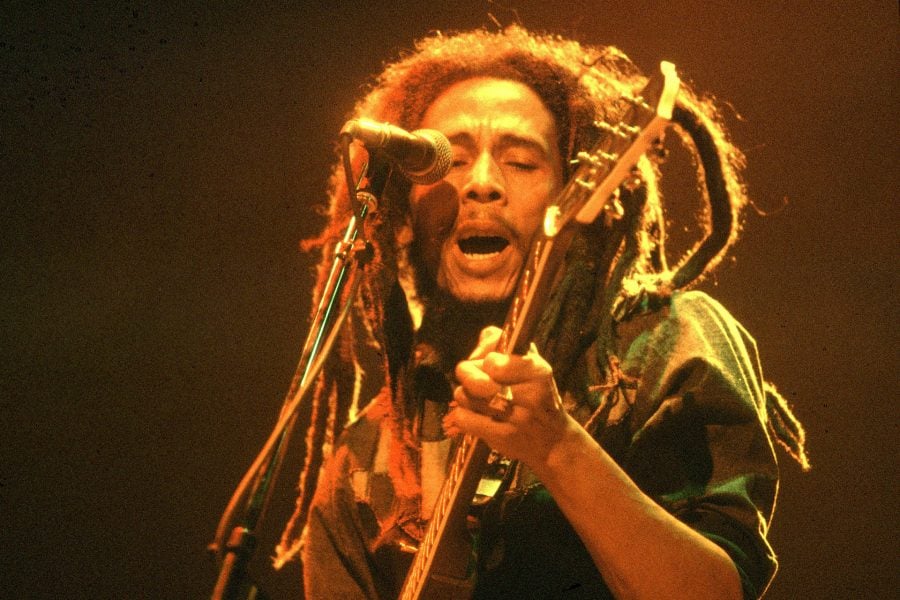
“That 40/33 year gap also envelops the 7 years prior to 1974 when they began their solo careers after growing musically together from 1961 and also the marks the era of Bob & Bunny as step brothers from 1954. Bunny’s transition and Legacy will now nationally, globally and legally certify the identity of The Wailers brand as being Bob, Peter & Bunny and the intellectual property rights that have been in dispute since 1974 over their company Tuff Gong Records and group title Bob Marley & The Wailers.”
Tuff Gong is the label Wailer started with Peter Tosh and Marley, and its logo with three iconic raised fists represents the original troika. According to Billboard, in 1999, the parties reached a $2 million settlement in the 1992 trademark lawsuit filed by Bunny Wailer and the estate of Peter Tosh.
Under the agreement, according to a Billboard article, the Marley family gained control of the name and logos of the band’s Tuff Gong Records label, though Wailer and the Tosh estate are allowed to use one of the logos, Marley family lawyer Peter Shuat had disclosed at the time. Wailer and Tosh also were paid back royalties that had been withheld pending resolution of the suit, Shukat said.
The Marley family has been embroiled in a very long list of legal battles involving Marley’s wife and children, as they aggressively control commercial uses of Marley’s image, name, lyrics, and almost everything else associated with the man who rose humbly from very-poor roots in Jamaica to be one of the most well-respected musicians of all time.
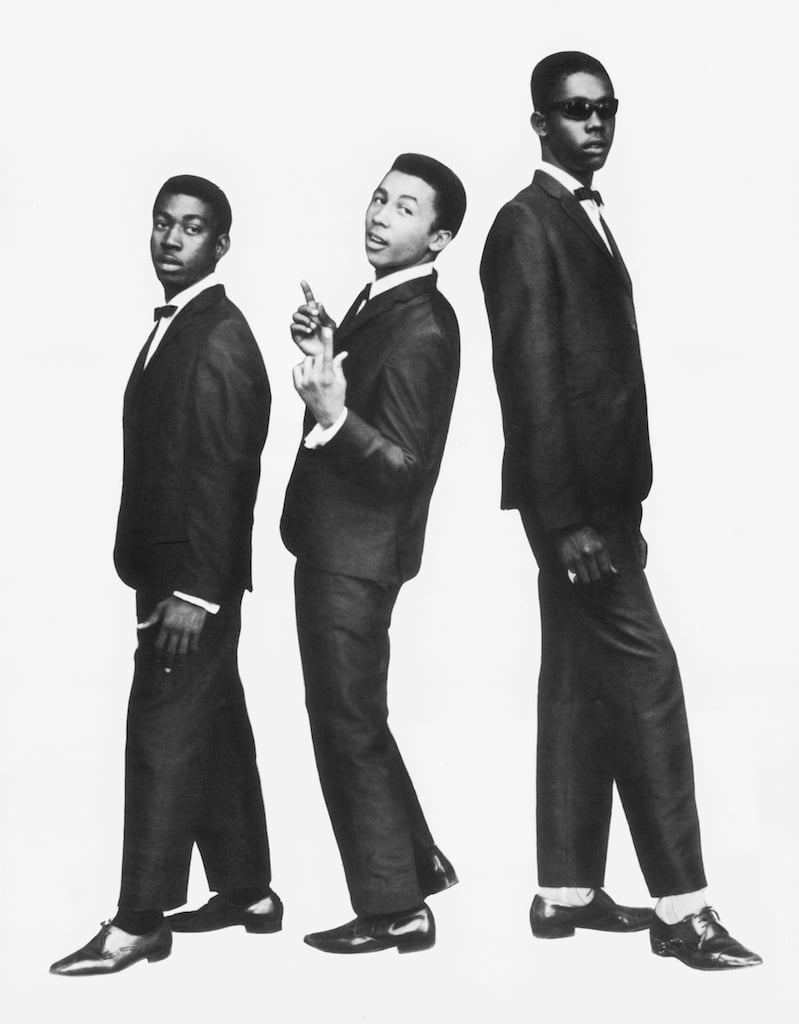
Marley was said to be worth about $30 million when he died. But money wasn’t the only issue that led to divisions between the stepbrothers Bob and Bunny. Bunny felt that his contribution to Bob Marley and the Wailers had been ‘whitewashed’ by commercial interests seeking to capitalize on Bob’s global appeal.
“There were forces that assisted an effort to make “ invisible” Bob & Peter’s ownership, identity and contribution to The Wailers brand & Legacy, which all was and is marketed as just belonging to Bob Marley,” Stowe said.
Stowe said that this cloak of invisibility extended to his business interests as well.
“The invisibility that has shrouded Bunny Wailer could be considered self imposed in how he handled the production and ownership of his music in not “ signing” to a major company or publishing house but rather self producing and licensing his catalog and publishing. While he stayed with Island Records for his first three solo recordings, Blackheart Man, Protest & Bunny Wailer Sings The Wailers, after the group recordings of Catch A Fire & Burnin, he never actively toured or promoted these albums as he could not see himself in competition with either Bob or Peter,” Stowe explained.
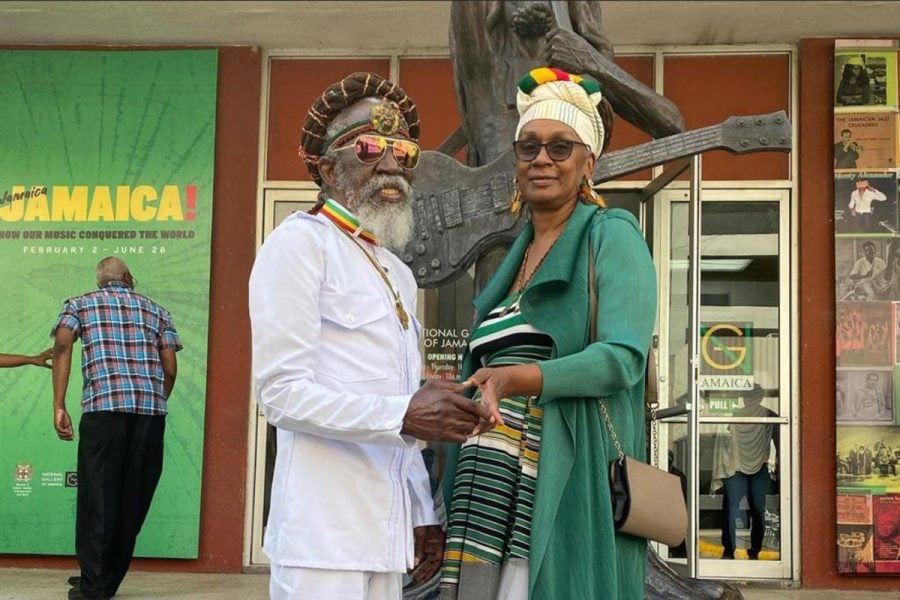
Stowe said that when Bunny Wailer left Island Records, he never signed to another major record label, but stuck doggedly to his dream of keeping the Wailers brand alive.
“With the transition of Bob Marley in 1981 he left Island Records and never signed to another major company. In fact his only major label interest was for The Wailers to take up the mantle left by Bob Marley’s solo career which while being offered such a deal, it was shelved by Chris Blackwell & Rita Marley. Bob’s solo musicians then led by Aston Family Man Barrett & Carlton Barrett, took “ The Wailers” title while consistently losing battles in court to be considered royalty entitled members of the group ostensibly replacing Bunny & Peter,” Stowe said.
Stowe said the recognition of the Wailers remained Bunny’s dream to end.
“While releasing the stellar “ Rock & Groove” solo album in 1981, Bunny & Peter never gave up the fight for their ownership and recognition in and of The Wailers, and when Peter was killed in 1987, Bunny soldiered on till his transition in 2021 making this one of his most omnipresent responsibility of his Estate alongside his Solomonic Catalog and his Nyahbinghi Rastafarian faith,” she said.
For the last 11 years Maxine Stowe — with her multi-decade focus on intellectual property rights — has been his strategic partner in strategizing and structuring his continuous legal challenge with historical defining platforms such as the design & launch of the Wail label, a statue of the group, a Wailers Trio Tribute Band project and the National Heritage Site recognition of The Wailers home on 19 Second Street in Trench Town.
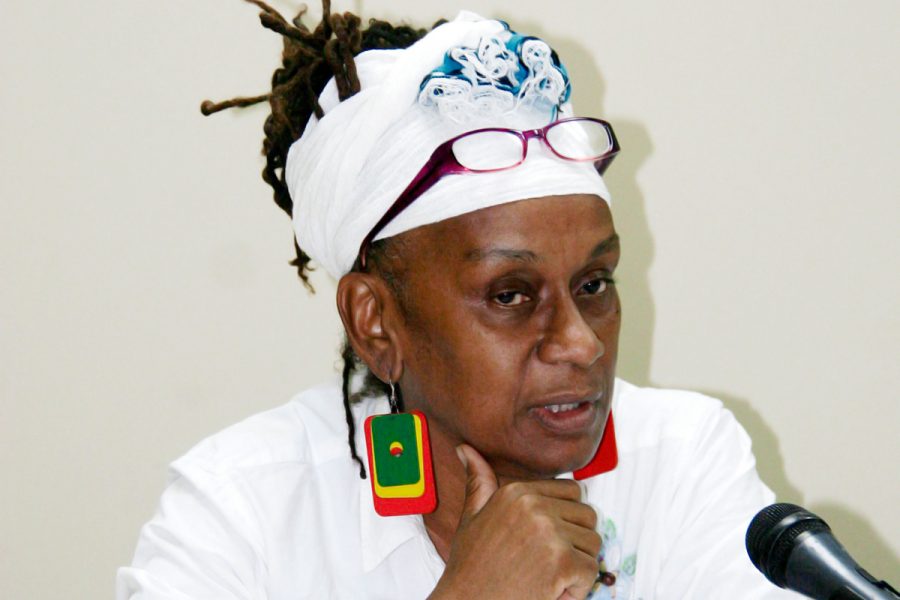
“COVID and the usual beneficiary challenges that come from multiple liaisons and children, as a standard feature of much of the major music fraternity, has clouded somewhat the legacy liftoff with Bunny’s burial not yet achieved since his death March 2nd, ” she admitted.
Since the children of Bunny Wailer secured the death certificate, there hasn’t been an announcement of an official funeral date.
Still, Stowe remains hopeful of a revival of the Wailers brand, tying in Jamaica’s tourism industry to further propel the idea.
“Another marker of The Wailers will now be each one born in the three counties of Jamaica being Cornwall, Middlesex & Surrey making Jamaica officially The Isle Of The Wailers,” she said.
Stowe said that this is “an experience” which she has trademarked for future use.
